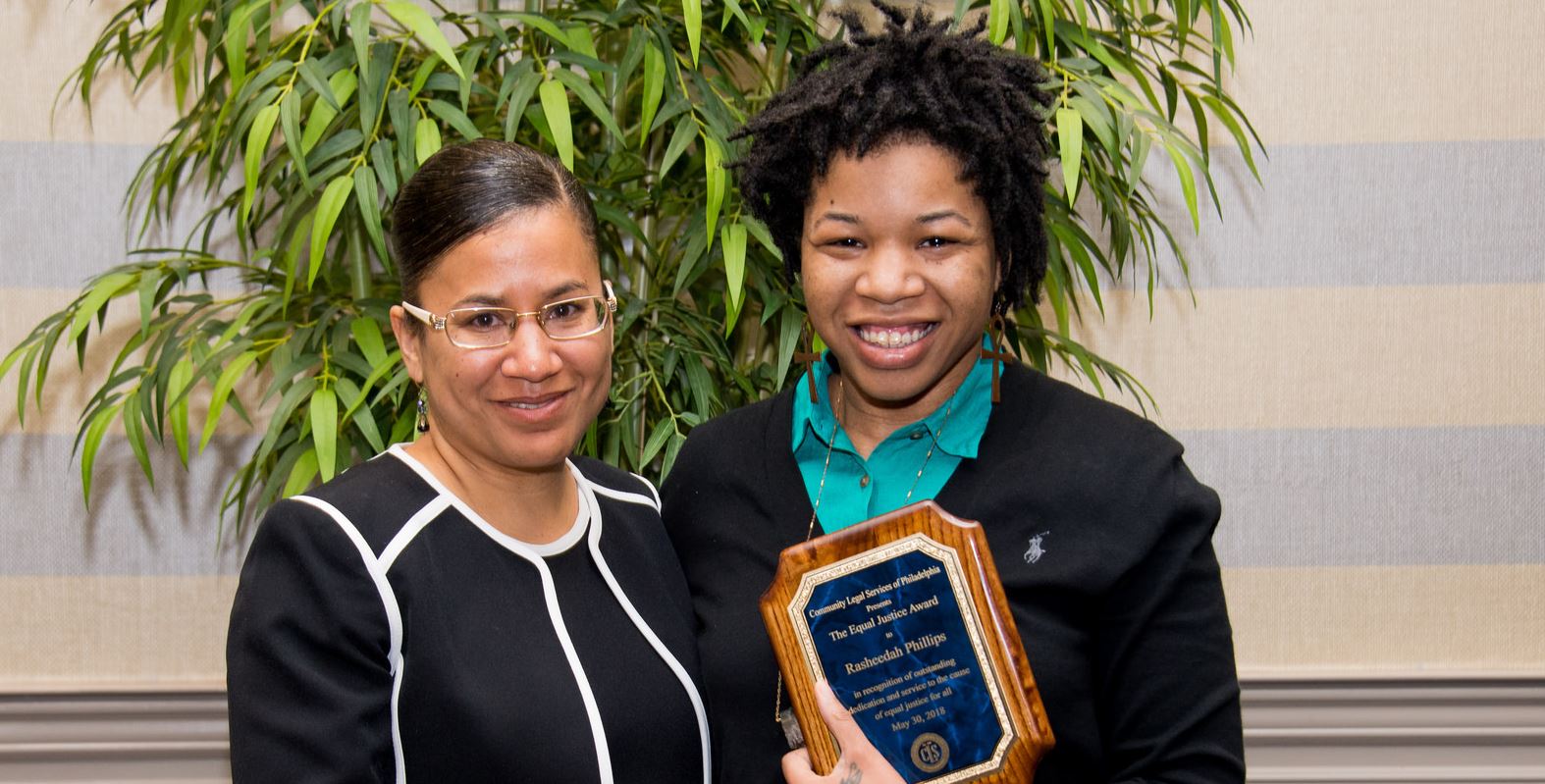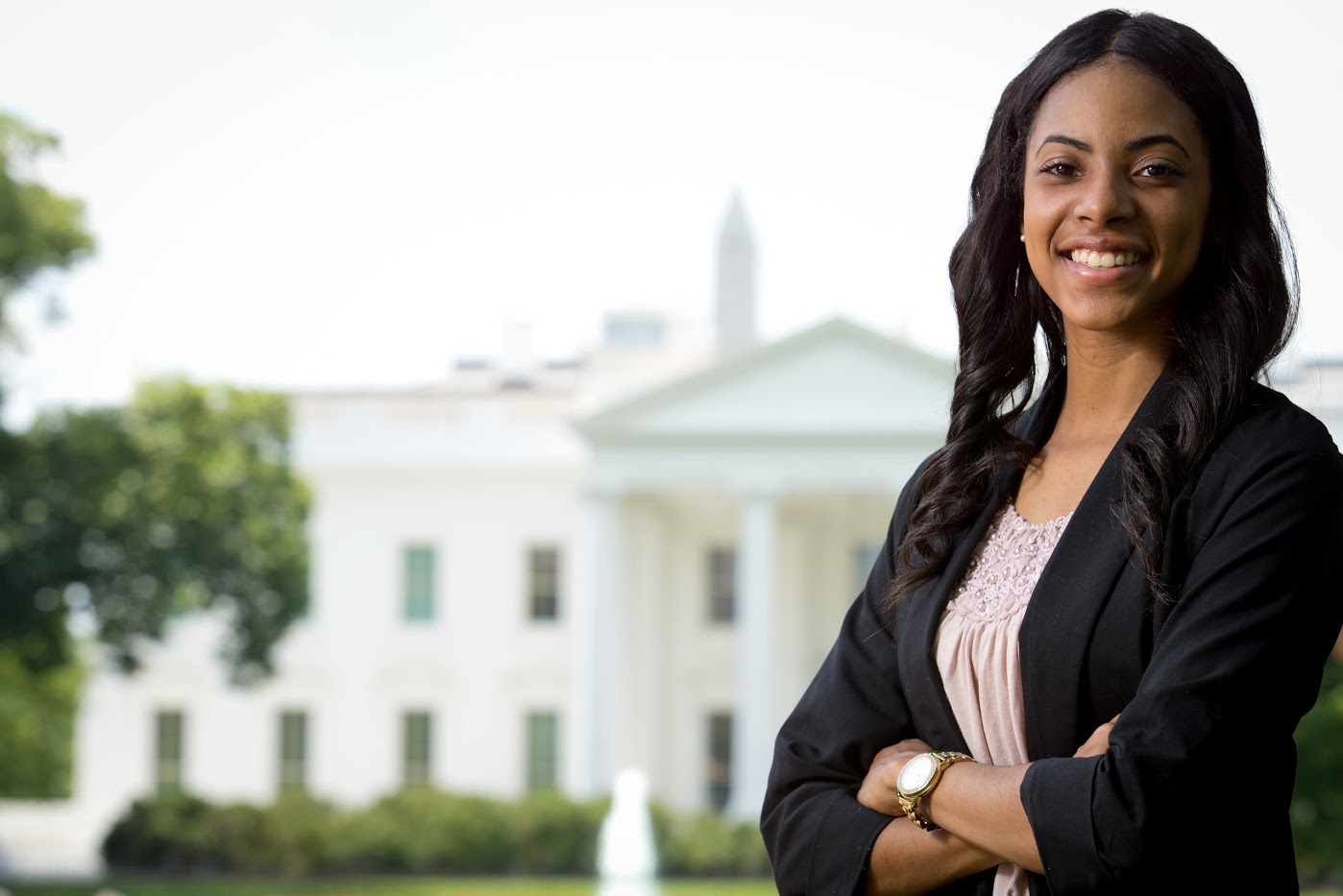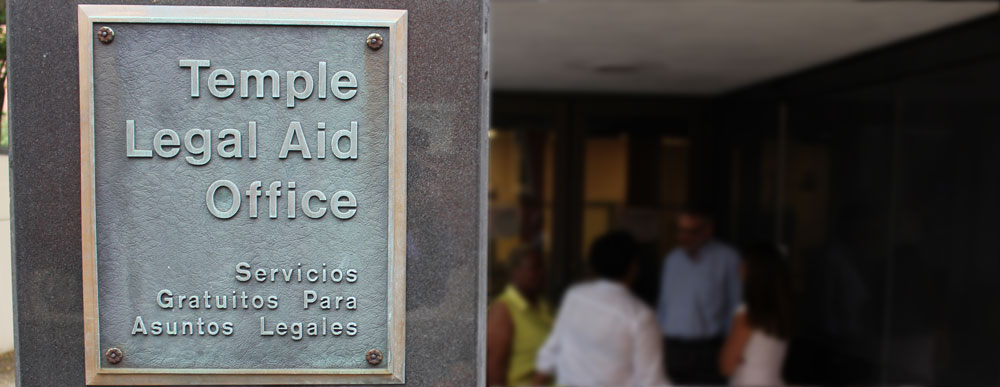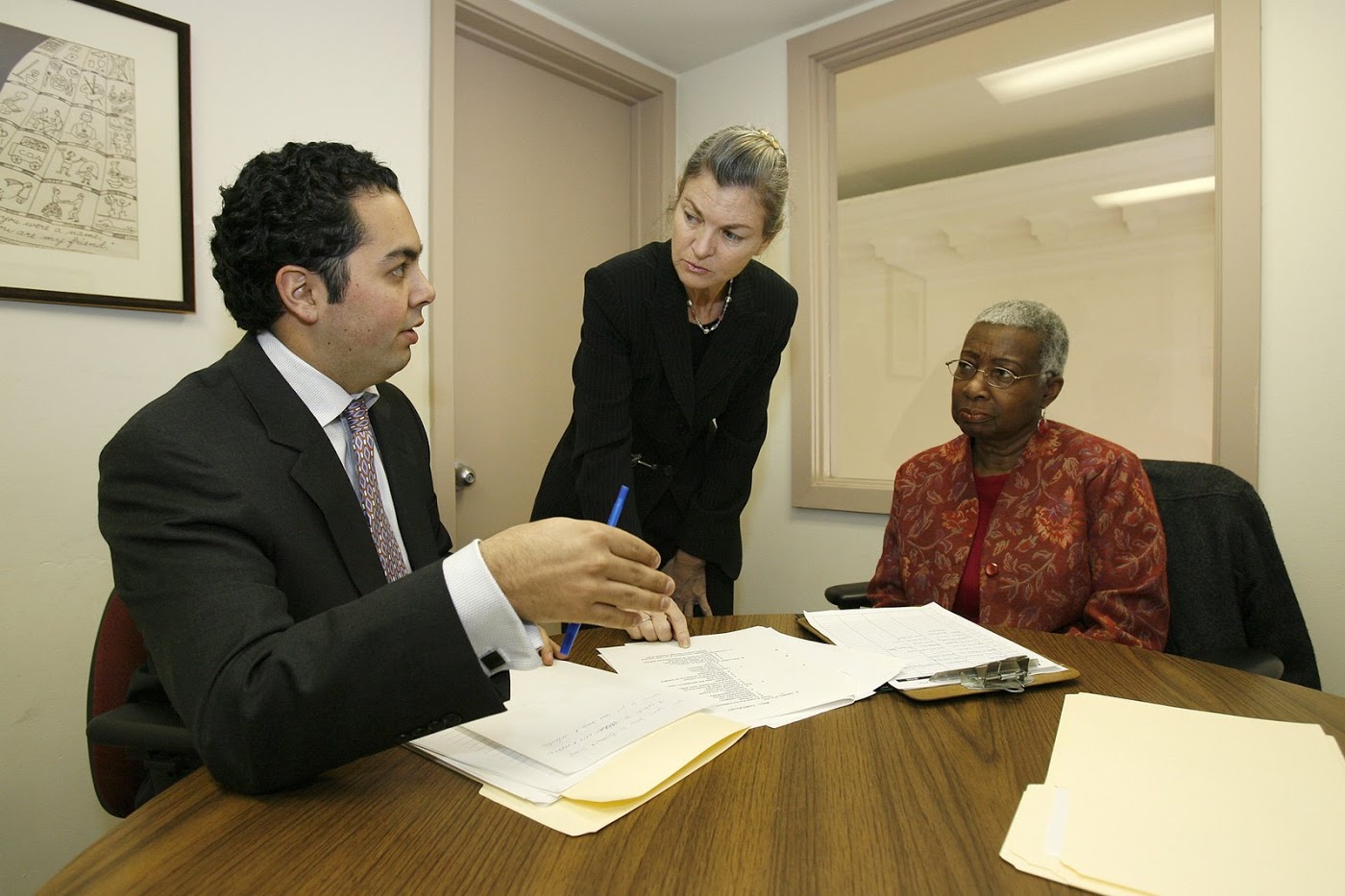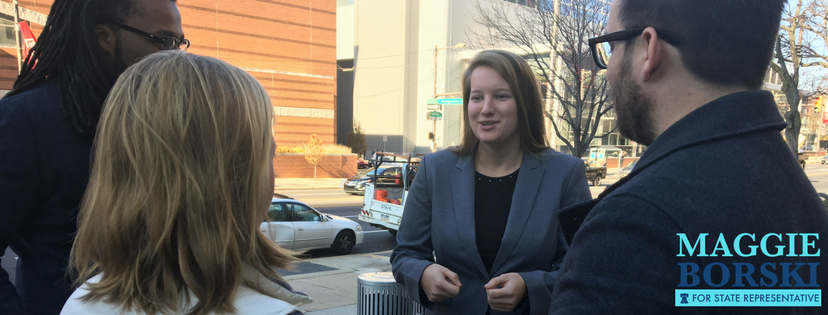On Temple Lawyers, Mentorship, and Starbursts: Notes from the Breakfast of Champions
Before law school, I was a community organizer for the Children’s Defense Fund, a national child advocacy organization founded and directed by the extraordinary and inimitable civil rights lawyer Marian Wright Edelman. In her book, Lanterns: A Memoir of Mentors, Edelman writes of “the crucial influences of the natural daily mentors” in her life, whom she refers to as “lanterns” who lit her path from her small hometown in Benettsville, South Carolina, to Spelman College, to Yale Law School, to the front lines of the civil rights struggle, to the founding of the Children’s Defense Fund. Like Edelman, the path of my own career has been lit by mentors, who showed me what was possible and bolstered my confidence along the way. I would not have decided to attend law school or pursued a public interest career were it not for my own mentors. And I have done my best to light the path of others. I am grateful that my role as a clinical professor at Temple Law affords me an ongoing opportunity to …

